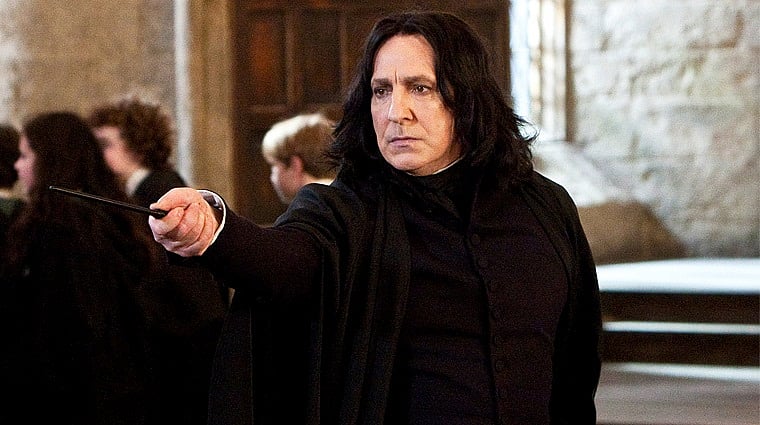New York: Many people may cheer the demise of evil villains in fiction, but the only deaths that they do remember are the ones which they perceive as sad and meaningful endings of the character they love, say researchers.
The study, published in the journal Omega-Journal of Death and Dying, found that when people were asked to recall the death of a fictional character, they were more likely to mention deaths perceived as "meaningful" than those seen as "pleasurable."
"We remember the deaths that made us cry and think more than those that made us cheer," said study co-author Matthew Grizzard from the Ohio State University in the US. "It seems that when we recall death, even in the relatively consequence-free spaces of media entertainment, we experience it as a meaningful, reflective experience," Grizzard added.
For the study, the research team picked 506 people who participated online. They were placed in three groups. One was asked to think of a death scene from a narrative they found particularly meaningful. Another group was asked to think of a death they found pleasurable. The third group was simply asked to think of a death scene from a narrative.
Most people in all groups chose death scenes from visual media, the most common being movies and TV shows. But some chose scenes from video games or comic books. Participants were asked a variety of questions about their emotional responses to the death scenes, their appreciation and enjoyment of the scenes, and perceptions about the characters who died.
As the researchers expected, people who were asked to recall a character death they found particularly pleasurable tended to choose villains, like Joffrey from "Game of Thrones." Those who were asked to recall meaningful deaths tended to go with sympathetic characters, but not necessarily ones who were always heroes. Snape in the "Harry Potter" movies and Walter White in "Breaking Bad" both were mentioned often.
"When asked to think of meaningful deaths, many people chose characters who went through some sort of redemption. For example, Roy Batty, who was the antagonist in most of "Blade Runner," but in the end has this redeeming action," Grizzard said.
Results showed that action, horror and thriller movies were less likely to be associated with meaningful character deaths and more likely to be linked to pleasurable character deaths. The study showed that dramas and tear-jerkers were more likely to be associated with meaningful character deaths. Some movie genres — comedy, documentary, romance and science fiction — weren't linked to one type of character death over another. But what was notable in the study, Grizzard said, was that those who were just asked to recall any character death most often gave answers like those who were asked to name "meaningful" deaths, rather than those who recalled "pleasurable" deaths.






